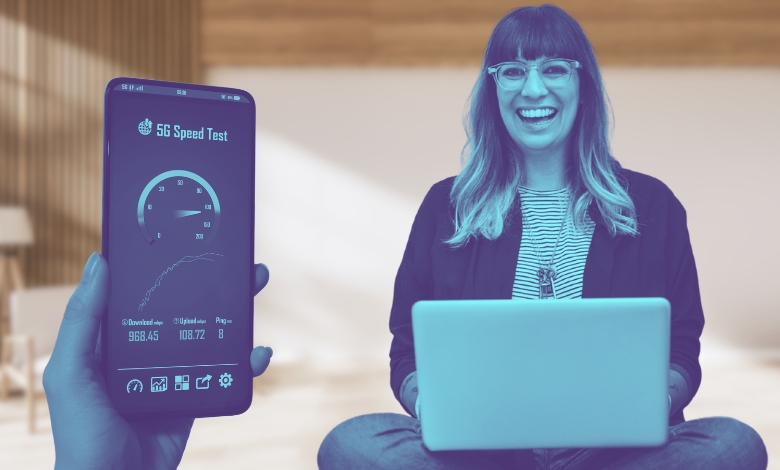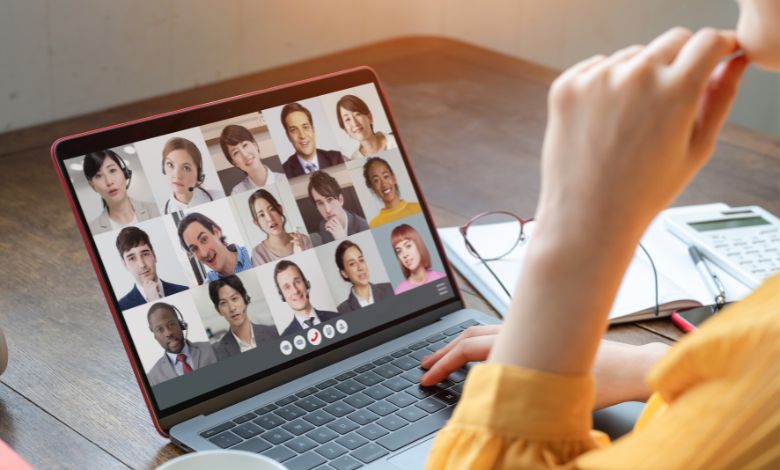How long after brushing teeth can I eat? Discover the science, myths, and best practices to protect your dental health every day.
Ever brush your teeth and then stare at your coffee or breakfast and think, ‘Wait, should I eat now? Will it mess up my teeth?’ You’re definitely not alone. It’s a super common question for anyone trying to balance good oral hygiene with their daily habits. And while it might seem like a small thing, the answer can actually have a big impact on your dental health. Just like making good debt choices can shape your financial health, small decisions about your oral care routine can have lasting effects.
In this post, I’ll break down the science, bust a few myths, and share the best tips about eating after brushing your teeth. I’ve done a lot of research for my own routine, and I’ll share what I’ve learned, along with a few personal stories, so you can figure out what works best for you.
Let’s dive in.
Article Breakdown
Why Waiting Matters: The Science Behind Brushing and Eating
Brushing your teeth isn’t just about getting rid of plaque, it’s also about protecting your teeth in the long run. Fluoride toothpaste helps rebuild and strengthen your enamel, but here’s the thing: it needs about 30 minutes to fully set and do its job. If you eat or drink too soon after brushing, you can wash the fluoride away before it’s had time to work.
Think of it like painting a wall. If you spill water on fresh paint before it dries, the paint smudges and doesn’t stick properly. The same thing happens if you eat right after brushing, it messes up the process, leaving your teeth less protected.
Foods to Avoid Right After Brushing
I learned this the hard way during my morning coffee routine. For years, I’d brush my teeth as soon as I woke up, then immediately sip on a cup of black coffee. I thought I was being efficient, but my dentist explained that acidic drinks like coffee could actually harm my enamel, especially right after brushing, when your teeth are in a temporarily weakened state.
So, what should you avoid eating or drinking right after brushing? Here’s a quick list:
- Acidic Foods and Drinks:
- Citrus fruits (oranges, lemons, grapefruits)
- Vinegar-based dressings
- Coffee, tea, and soda
Acidic foods can erode enamel, especially if your teeth haven’t had time to recover after brushing.
- Sugary Foods:
- Pastries, cereals, or anything coated in sugar
- Candy or sweetened beverages
Sugar feeds the bacteria in your mouth, which can lead to plaque buildup and cavities. If you eat sugar right after brushing, you’re essentially giving those bacteria a head start.
- Hot or Cold Foods:
- Ice cream, hot soup, or anything with extreme temperatures
Your teeth might be more sensitive immediately after brushing, so it’s best to avoid foods that could cause discomfort.
What’s Safe to Eat?
If you’re like me and can’t wait to eat after brushing, stick to tooth-friendly options like:
- Dairy products (milk, cheese, yogurt)
- Soft fruits (bananas, melons)
- Whole grains (plain oatmeal, whole-grain toast)
These foods are low in acid and sugar, making them gentler on your teeth.
Morning vs. Night: Does Timing Change the Rules?
This is where things get interesting, and a little personal. For years, I brushed my teeth after breakfast because it felt like the logical thing to do. I wanted my teeth to be clean before heading out for the day. But my dentist told me something that changed my entire routine.
He explained that brushing before breakfast is actually better for your teeth. Why? Because overnight, bacteria build up in your mouth, forming plaque that can turn acidic when mixed with food. By brushing first thing in the morning, you’re clearing away that plaque before it has a chance to interact with your breakfast.
If you’re like me and can’t stand the idea of eating with a “morning mouth,” here’s a tip: rinse your mouth with water before breakfast. This helps wash away some of the overnight bacteria without disrupting your brushing routine.
At night, the rules are a little different. Since you’re not eating again after brushing before bed, there’s no need to wait before drinking water or going straight to sleep. Just make sure to brush thoroughly to remove any food particles from the day.
Debunking Common Myths About Brushing and Eating
There’s a lot of misinformation out there about brushing and eating. Let’s clear up some of the most common myths.
Myth 1: You Should Brush Immediately After Eating
This might surprise you, but brushing right after eating, especially if you’ve had acidic foods, can actually do more harm than good. That’s because acid temporarily softens your enamel, and brushing too soon can wear it down. Instead, wait at least 30 minutes after eating to give your enamel time to recover.
Myth 2: It Doesn’t Matter What Toothpaste You Use
Not all toothpastes are created equal. Fluoride toothpaste is essential for strengthening enamel and preventing cavities. If you’re using a natural toothpaste that doesn’t contain fluoride, you’re missing out on one of the most effective tools for dental health.
Myth 3: Rinsing After Brushing Is Necessary
One of the biggest changes I made in my routine was stopping the habit of rinsing my mouth with water after brushing. Why? Because rinsing washes away the fluoride from your toothpaste, reducing its effectiveness. Instead, spit out the excess toothpaste and let the fluoride do its job.
Expert Tips for Busy Individuals
I get it, mornings can be hectic. If you’re juggling work, kids, and a dozen other responsibilities, waiting 30 minutes after brushing before eating might feel impossible. Here’s how to make it work:
- Brush Right Before Breakfast Prep:
While you’re making coffee or cooking breakfast, brush your teeth. By the time you’re ready to eat, some of that 30-minute window will have passed. - Use a Fluoride Mouthwash:
If you need to eat immediately after brushing, consider using a fluoride mouthwash afterward to give your teeth some extra protection. - Pack Tooth-Friendly Snacks:
If you’re in a rush, grab snacks that are gentle on your teeth, like cheese sticks, nuts, or a banana.
Frequently Asked Questions (FAQ’s)
What happens if I eat right after brushing?
Eating immediately after brushing can wash away the fluoride from your toothpaste, leaving your teeth more vulnerable to acid and bacteria.
Should I brush before or after breakfast?
Brushing before breakfast is generally better for your teeth, as it removes overnight plaque and protects your enamel from acidic foods.
How long should I wait to drink coffee after brushing?
Wait at least 30 minutes to allow your enamel to recover and the fluoride to bond with your teeth.
Finding What Works for You
Changing my brushing and eating habits wasn’t easy. Like most people, I’d developed a routine that felt comfortable, and breaking those habits took some effort. But once I understood the science and started making small adjustments, like brushing before breakfast and avoiding coffee right after, I noticed a difference. My teeth felt less sensitive, and my dentist even commented on how healthy my enamel looked during my last checkup.
Here’s the thing: there’s no one-size-fits-all solution. What matters most is understanding how your habits impact your dental health and finding a routine that works for your lifestyle. Whether you’re a morning coffee drinker like me or someone who grabs breakfast on the go, there are ways to protect your teeth without sacrificing convenience.
Key Takings
- Wait 30 minutes after brushing your teeth before eating.
- Brushing your teeth isn’t just a chore, it’s an investment in your health and smile.
- For optimal oral hygiene:
- Brush before breakfast.
- Avoid rinsing with water after brushing.
- Create a 30-minute buffer before eating.
- Small changes in your routine can make a big difference.
- Unsure what’s best for your teeth? Consult your dentist for personalized advice.
Additional Resources
- Should You Brush Your Teeth Before or After Breakfast: Healthline explains why brushing before breakfast protects your enamel and oral health, and offers tips for those who prefer brushing after eating.
- Brushing Teeth Before Breakfast: Delta Dental discusses the impact of acidic foods on enamel and why brushing before breakfast can be a better choice for your teeth.
- 10 Tips for Brushing Your Teeth: Tempe Dental Care provides practical tips for effective brushing, including technique, timing, and toothbrush care for optimal oral health.



